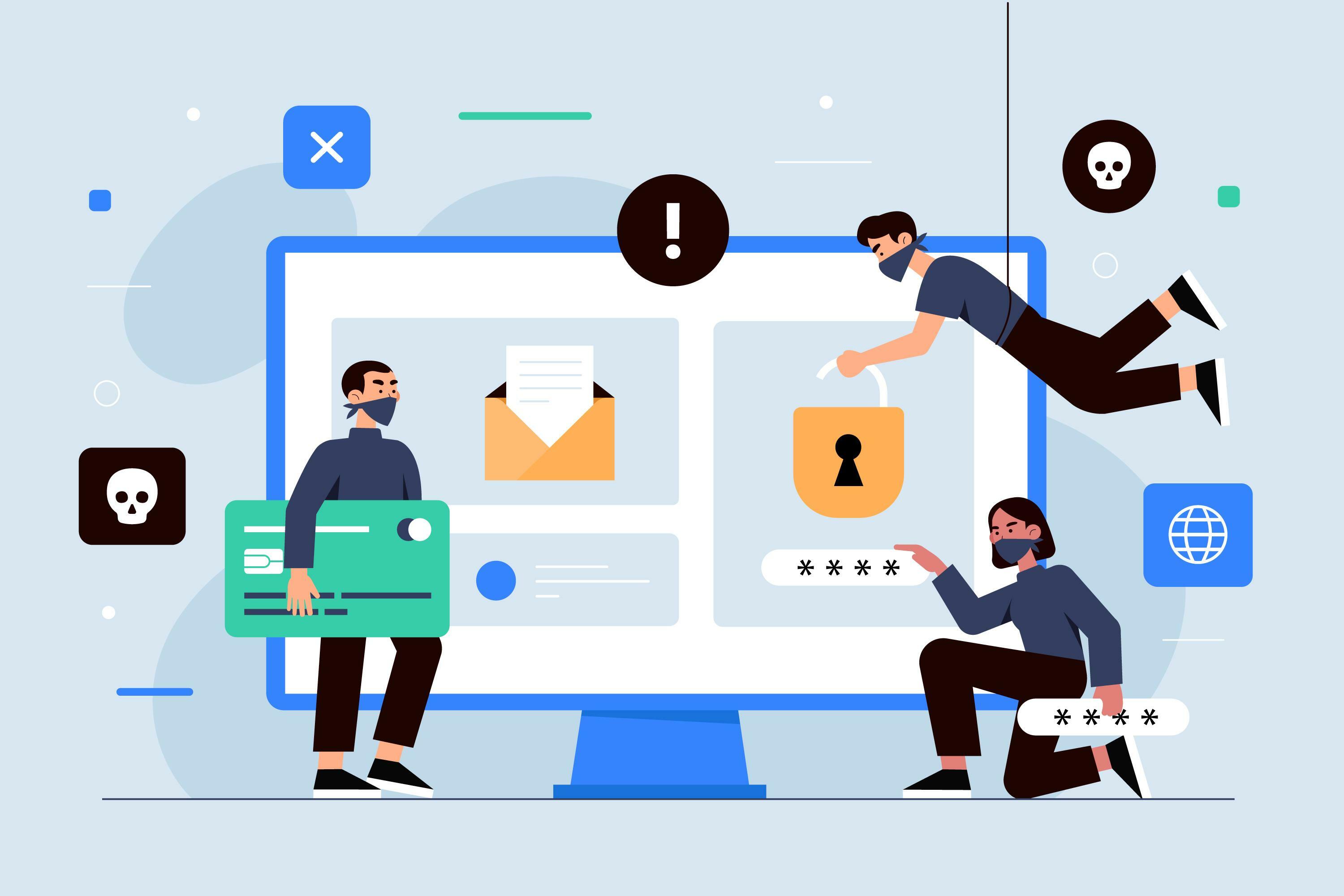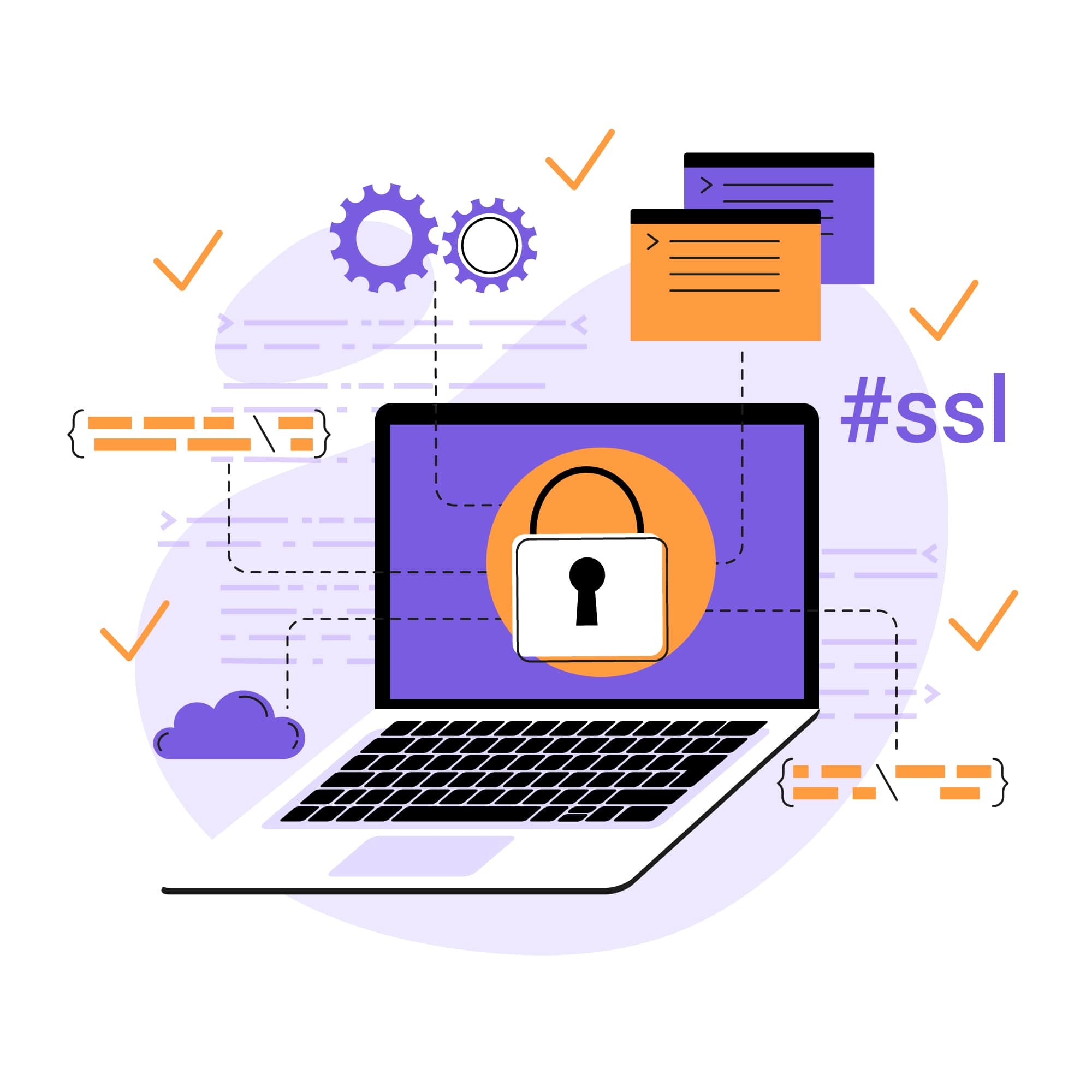
Why Every Hosting Provider Needs to Invest in Cybersecurity
In the age of data, it’s easy to assume cybersecurity is another word for “data protection.” But there’s much more to cybersecurity than that. In addition to defending companies’ data against criminal attacks, investing in cybersecurity programs will protect businesses from operational interruptions, financial losses, legal penalties, and the loss of customer trust.
So, investing in cybersecurity to expand your comprehensive product portfolio should be just as crucial as having reliable hosting products, website builders, and applications. The cybersecurity stakes are higher than ever, with projections from Cybersecurity Ventures indicating that global cybercrime costs could reach up to $6 trillion in 2021..
Today, cybercrime is big business, with hackers automating attacks and breaking into companies’ databases, email systems, and networks to harvest data for resale and ransom. This makes it more evident that investing in cybersecurity is crucial when protecting your hosting customers digital assets, because without a comprehensive cybersecurity portfolio, they remain vulnerable to cyberattacks, which can also result in serious consequences for your company.
How big is the impact of cybercrime?
As the threat landscape continues to develop, the impact of cybercrime is more costly to businesses than ever before. In fact:
- On average, websites are attacked 94 times per day.
- Security breaches have increased by 67% in the last five years, per the WEF.
- Businesses and consumers in the U.S. lost more than $3.5 billion to cybercriminals in 2019.
- Ransomware cost businesses and individuals nearly $9 million in the U.S. in 2019.
- Data breaches cost an average of $3.9 million worldwide in 2019, according to a Ponemon Institute survey.
- 28% of companies consider moving to a new hosting provider if their site gets hacked.
- Assisting customers who experience a security breach takes up significant customer support and tech support time.
What do small businesses need to protect?
Every business utilizes a variety of systems, software, and tools to achieve its goals, but each of these introduce potential security vulnerabilities cybercriminals can exploit.
Here are some of the most important tools and systems businesses need to reduce the impact of cybercrime:
- Network: The network consists of all the hardware that connects an organization’s devices, such as routers, servers, computers, and mobile devices. If intruders gain access to the network, they can steal data, spy on email conversations, and take over company accounts.
- Website: Businesses need to protect all of their website components, including operating systems, databases, core services, and web applications. If any of these elements contain vulnerabilities, hackers can exploit them to gain access to the business’s website and inflict all sorts of damage, including taking over email accounts, and defacing the website.
- Data: Small businesses invest lots of resources in building their websites and systems and storing customer data. This data is a prime target for hackers, who can steal this information and sell it to other criminals or use it to commit fraud, blackmail, extortion, and identity theft.
How can HSPs protect their customers?
Investing in cybersecurity will expand your comprehensive security product portfolio, which will protect your customers from common cybersecurity threats. Your cybersecurity portfolio should include solutions to address the threats most common to each component of the tech stack, which includes networks, databases, and web apps.
Remote Network Security
Virtual private networks (VPNs) encrypt traffic to and from the organization’s network when employees are working remotely. VPNs keep criminals from “seeing” company data as it flows between a laptop or mobile device and network servers.
Website Security
All businesses need website security solutions that protect all aspects of their website. These include:
- Operating system: To protect operating systems, companies can run malware and vulnerability scans to identify malware infections and website vulnerabilities and repair or remove the threats.
- Core services: Malware and vulnerability scans help prevent cybercriminals from exploiting core services and the apps built on them.
- Database, web server and web app security: All companies should invest in malware scanning and removal, web application firewalls, and DDoS prevention to protect their database.
Data protection
Regular website backups are crucial for safeguarding your data and allow companies to recover their websites quickly after a disaster.
Education Applied to Best Practices Leads to Better Security
Although not part of the tech stack, security awareness education is critical to any successful cybersecurity strategy. As part of your cybersecurity portfolio, it’s important to include security awareness training information to help your customers educate their employees about cybersecurity best practices.
In addition, teach your customers about the importance of establishing a cyber secure workplace culture in which leaders use best practices, communicate security goals, and reward employees who prioritize security. This promotes a safety-first mindset that protects the entire organization.
Start building your cybersecurity product portfolio
Investing in cybersecurity and maintaining a comprehensive security product portfolio is crucial so you can equip your hosting customers with adequate protection as well as your company’s reputation.
Call us at 833-715-1304 or visit us today to learn more about investing in cybersecurity to build a strong security product portfolio that provides effective website security for your customers.





